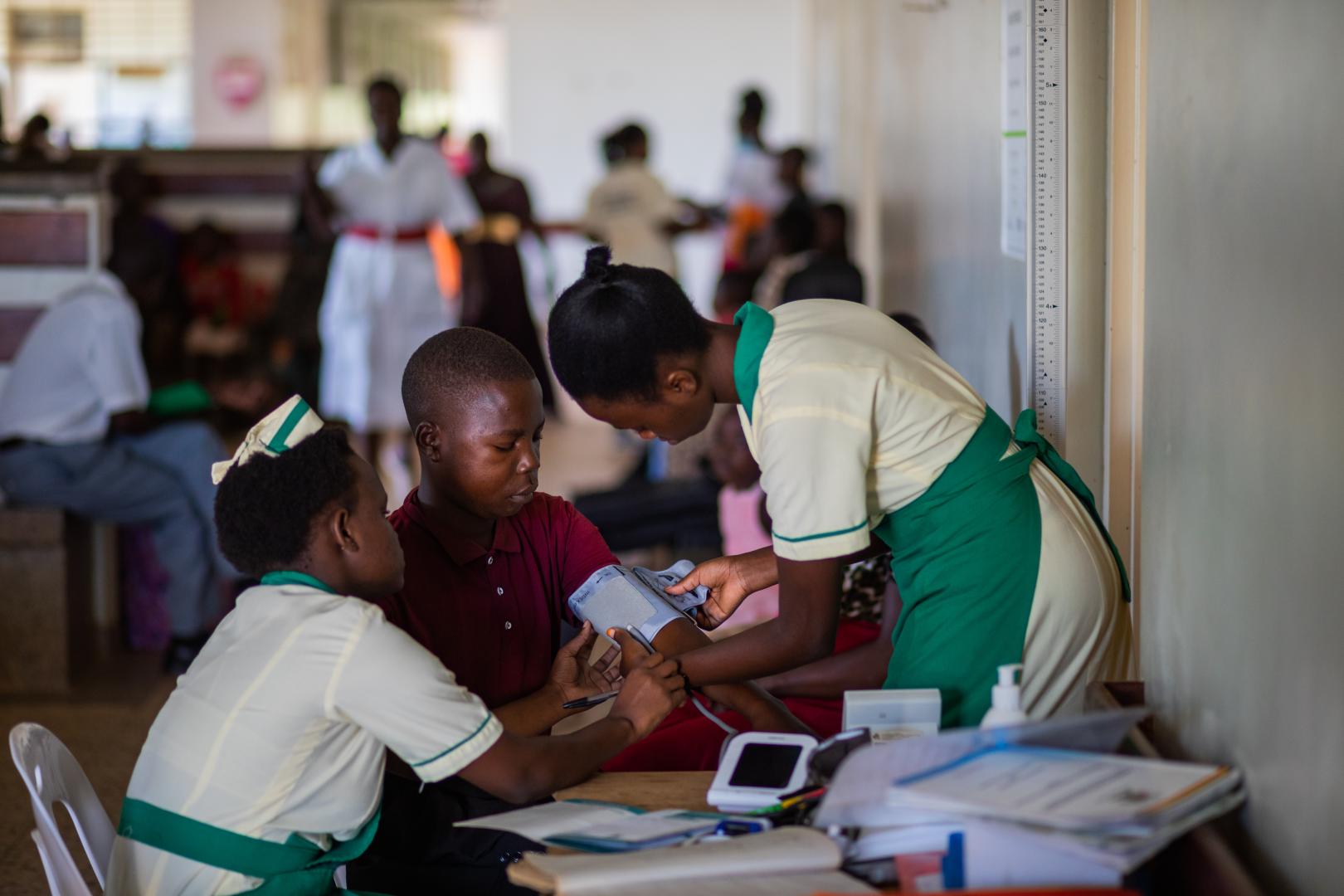- Dr. Jean Kaseya, Director General of Africa CDC, warns against relying solely on lab tests for Mpox diagnosis.
- In latest confirmed case, Kenya did not specify which rapid tests were used or for which strain.
- A holistic approach integrating lab testing, clinical assessment, and epidemiological data is essential for accurate Mpox diagnosis and management:experts
The Africa Centre for Disease Control and Prevention (Africa CDC) has urged governments not to solely rely on laboratory tests when diagnosing Mpox.
The Director General of Africa CDC, Dr Jean Kaseya, issued the warning after Kenya confirmed its second case of Mpox.
The patient, a truck driver who had traveled from Uganda to the Malaba border, was confirmed positive based on laboratory tests.
However, Kenya did not specify which rapid tests were used or for which strain.
Health Cabinet Secretary Deborah Barasa said in an official statement last week that 42 samples have been submitted for Mpox testing, of which 40 samples tested negative.
“We have also screened 426,438 travellers at our various Ports of Entry across the country,” she added.
Dr Kaseya expressed concern about false negative test results in an official letter dated August 23, 2024 and referenced as AU/CDC/ODG/LT/2996.24.
“Some of you are reaching out to us, especially in the context where lab result is negative for Mpox. To better advise you, Africa CDC consulted our African best epidemiologists and lab experts, as well as international experts and relevant bodies like US CDC, China CDC, Europe CDC and the World Health Organisation (WHO),” he stated.
“We recommend against relying solely on laboratory test results for diagnosing Mpox. While lab tests are important, they should be interpreted in conjunction with clinical and epidemiological data. False negatives are possible, and a negative test does not entirely rule out Mpox, especially if there is strong clinical suspicion. Additionally, countries must perform HIV and STI tests for all Mpox cases,” Dr Kaseya said.
There are two main strains, or clades, of Mpox. Until 2022, neither was frequently reported outside of a handful of African countries.
However, the Clade IIb, a virus causing a “milder” version of mpox, spread from Nigeria to the global north in 2022, sparking international concern and a large-scale effort to produce vaccines and immunise newly at-risk populations.
Although interventions eventually controlled the international Clade IIb outbreak, Mpox continued circulating, including Clade I, the more virulent strain endemic in the Democratic Republic of the Congo.
The WHO declared an emergency involving the more lethal Clade I for two reasons: the increased spread of Clade I cases in Africa, even in areas and countries where it had never been detected before, and the appearance of a novel subtype of the clade called Ib.
According to Dr Kaseya, a holistic approach that integrates laboratory testing with clinical assessment and epidemiological data is essential for accurately diagnosing and managing Mpox on the continent.









